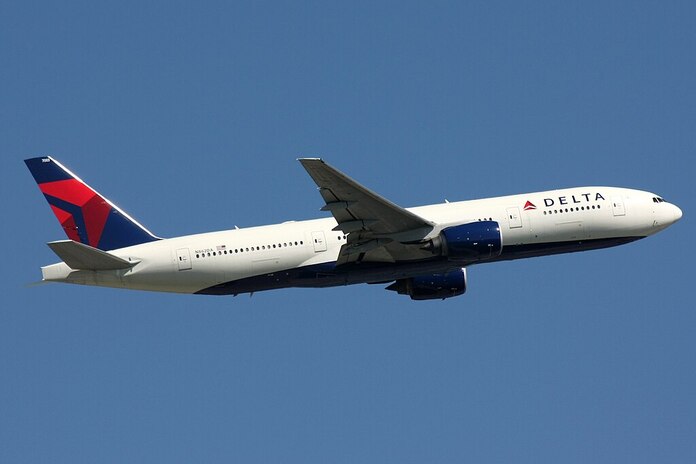Delta Air Lines Inc. (NYSE:DAL) faced significant operational disruptions over the busiest travel weekend of the summer, canceling thousands of flights due to a catastrophic IT outage caused by a faulty software update from CrowdStrike Holdings Inc. (NASDAQ:CRWD). The outage impacted many of Delta’s systems, leading to extensive flight cancellations and significant inconvenience for passengers.
Impact of the IT Outage
The IT outage, which began on Friday, severely affected Delta’s ability to manage flight operations. Delta Chief Executive Officer Ed Bastian explained that a significant number of functions, reliant on Microsoft Corp.’s (NASDAQ:MSFT) Windows operating system, were rendered inoperable. This included critical systems like crew-tracking tools, which are essential for processing large volumes of changes to flight personnel.
By early Monday, Delta had canceled more than 600 flights, or about 18% of its domestic schedule, according to flight-tracking website FlightAware. Bastian apologized to affected passengers, acknowledging the severe impact on their travel plans. “I want to apologize to every one of you who have been impacted by these events,” he said. “We understand how difficult it can be when your travels are disrupted.”
Extent of Flight Cancellations
The chaos caused by the IT outage led to the cancellation of more than 3,500 flights by Saturday, with further cancellations continuing as the airline struggled to regain control. The disruption occurred during the peak summer travel period, when flights typically exceed 90% capacity, making it challenging to rebook customers. Delta canceled more than 1,200 flights each on Friday, Saturday, and Sunday, accounting for the majority of Sunday’s cancellations among U.S. carriers.
United Airlines Holdings Inc. (NASDAQ:UAL) also canceled several hundred flights, while American Airlines Group Inc. (NASDAQ:AAL) managed to recover more quickly, canceling fewer than 100 flights on Sunday. By Monday, FlightAware showed about 50 combined cancellations for American and United, indicating their operations were stabilizing.
Market and Regulatory Reactions
The extensive Delta flight cancellations impacted the company’s stock, which fell 3.3% by 9:46 a.m. Monday in New York. United and American Airlines each saw their shares slide by about 1%. U.S. Secretary of Transportation Pete Buttigieg criticized Delta’s handling of the situation, highlighting the “continued disruptions and unacceptable customer service conditions.”
Buttigieg emphasized the need for Delta to provide prompt refunds, free rebooking options, and timely reimbursements for food and hotel stays to affected consumers. “Delta must provide prompt refunds to consumers who choose not to take rebooking, free rebooking for those who do, and timely reimbursements for food and hotel stays to consumers affected by these delays and cancellations,” Buttigieg posted on X.
Broader Impact and Future Considerations
The global travel chaos caused by the CrowdStrike software update affected airlines and airports to varying degrees, depending on the systems and vendors used. Some self-check-in systems were rendered useless, passengers could not access ticket reservations, and airlines were unable to use cockpit communications systems. In some cases, airports resorted to manually checking in passengers with handwritten boarding passes.
The faulty software update by CrowdStrike affected approximately 8.5 million computers worldwide, disrupting various sectors, from medical appointments to investment banking and train operations. CrowdStrike, the second-largest maker of modern endpoint protection software after Microsoft, controls 18% of the $12.6 billion market, according to research firm IDC.
Conclusion
The Delta flight cancellations following the IT outage highlight the vulnerabilities in the airline’s operational infrastructure. The extensive disruptions during a peak travel period have drawn regulatory scrutiny and public criticism. As Delta works to recover from this crisis, the focus will be on improving IT safeguards and ensuring robust contingency plans to prevent similar incidents in the future. The airline’s ability to effectively manage and communicate during such crises will be crucial in maintaining customer trust and operational stability.
Featured Image: Wikipedia









